The last few years have highlighted the importance of relationship-building and checking in with students on a regular basis.
For learning to happen, students need to see their identities valued. They need to feel safe physically and emotionally—and they need to feel a sense of connection to peers and adults. You can do that by creating space for students to tell their stories, learning about their lives outside of school, and creating rituals that cultivate belonging and connectedness.
To help you get to know your students, we've curated this list of 101 asset-based, inclusive questions. Most are open-ended questions, but you can also adapt them into a multiple-choice format.
Table of Contents:
- How to Use These Questions
- Interests and Hobbies
- Relational and Social-Emotional Learning
- Family and Cultural Background
- Academic Strengths and Opportunities
- The Transition Back to School / First Day of School
- Virtual Learning
- Would You Rather? Icebreaker Questions
|
Key Takeaways:
|
Free PDF Download: Panorama's Full Check-Ins Question Bank
How to Use These Questions
If you are a district or school administrator focused on improving relationships and belonging campus-wide, we invite you to share this article with your teachers and staff. This is a great resource to include on district or school resource sites, Tier 1 resource hubs, or in staff newsletters.
If you are a teacher, practitioner, or instructional coach, feel free to borrow these questions to get to know your students in the classroom—virtually or in person! These questions are great for small group brain breaks, icebreaker games, morning meetings or morning circles, and advisory periods. Or, use them as conversation starters in a 1:1 setting.
Click on the following links to jump to a section:
- Interests and Hobbies
- Relational and Social-Emotional Learning
- Family and Cultural Background
- Academic Strengths and Opportunities
- The Transition Back to School / First Day of School
- Virtual Learning
- "Would You Rather" Icebreaker Questions (These fun icebreaker questions are also great for students to ask each other!)
Interests and Hobbies
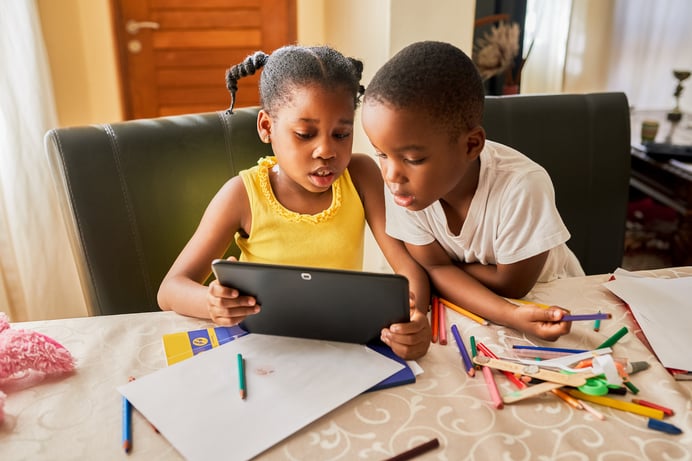
1. What are your favorite hobbies?
2. In your free time, what do you like to do?
3. Have you volunteered in your community?
4. What was the hardest part of the past week for you?
5. What is your favorite book?
6. What is your favorite TV show?
7. What is your favorite movie?
8. What is your favorite color?
9. What is your favorite food?
10. What do you like to eat for breakfast?
11. What is your favorite sport, if you have one?
12. If you could be an animal for a day, what would you be and why?
13. What kind of music do you like to listen to?
14. If you could play any instrument, what would it be?
15. What is something you like to do outside of school?
16. Outside the classroom, what type of learning do you enjoy most?
17. What is your favorite flavor of ice cream?
18. What is your favorite thing to do over the weekends?
19. If you could travel anywhere in the world, where would it be?
20. What is your most frequently-used or favorite emoji?
21. What are three awesome things about yourself?
22. What is something people don’t know about you that you wish they knew?
23. What is a unique talent you have?
24. What do you want to be when you grow up?
25. What is a big world problem that you would like to change?
26. What is your biggest dream or goal in life?
Relational and Social-Emotional Learning
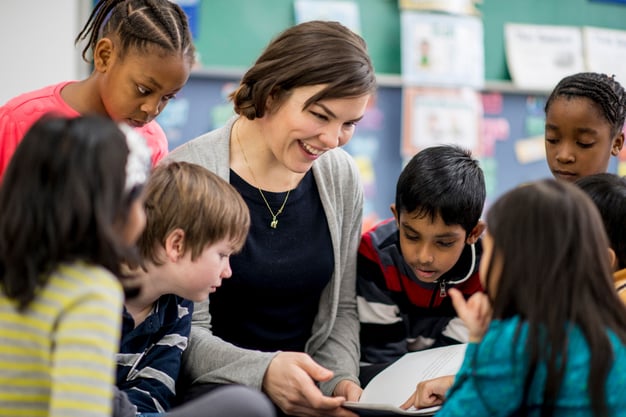
27. What is your social-emotional learning superpower?
28. Which of the following traits do you think best describes you: funny, thoughtful, caring, or outgoing?
29. How do you most like to connect with your friends? Through social media, by talking over the phone or texting, or by meeting up in person?
30. What is one thing your teacher can do to get to know you better?
31. How can your teacher help you if you are feeling down?
32. What is one thing you want to know about your teacher?
33. What do you think is the most important quality for a teacher to have?
34. Who is an adult at school that you know you can count on?
35. Who is a friend at school that you know you can count on?
36. When you are stressed, what do you do to relax?
37. What makes you feel the most appreciated and understood?
38. How would your friends or a relative describe you?
39. What is something that you are thankful for?
Family and Cultural Background

40. Where do your family members work?
41. What does dinner time look like at your house?
42. What are some family items or artifacts that represent your culture and identity?
43. Which languages do you speak (even just a little bit)?
44. Who is someone in your family that you look up to?
45. What is a favorite memory you have with a family member?
46. What do you like most about your family?
47. What is a family tradition that you have?
48. Does your family have pets? If not, would you like to have a pet? What kind?
49. What is your favorite family recipe?
50. Do you have siblings? If not, would you want to have siblings or do you like being an only child?
Academic Strengths and Opportunities
.jpg?width=669&name=iStock-826217146%20(1).jpg)
51. What is your favorite subject and why?
52. What is your least favorite subject and why? What is the best way I can support you when we work on that subject?
53. What is one thing you think you do well as a student?
54. What is one thing you would like to do better as a student?
55. What do you like most about school?
56. What do you like least about school?
57. What is something you would really want to learn about at school?
58. Which of the following is your favorite way to learn: by talking with others, by listening, or by reading?
59. What would be your dream field trip?
60. Would you rather do schoolwork as a group or by yourself?
61. What is the best school project or lesson you can remember?
62. What is the best way I can support you outside of class?
63. How would you like to be recognized if you get a good grade on an assignment or project?
The Transition Back to School / First Day of School

64. What is one thing you are looking forward to this school year?
65. What is something you learned over the summer?
66. What is something you would really want to learn about this year?
67. What is one thing you would like your classmates or teacher to know about you this year?
68. What is one thing you want to know about your teacher(s) this year?
69. What was the best part of the past week for you?
70. What was the hardest part of the past week for you?
71. What can teachers or other adults at school do to better support you?
72. How much did you enjoy class today?
73. How included did you feel in class today?
74. What was your favorite part of class today?
Virtual Learning
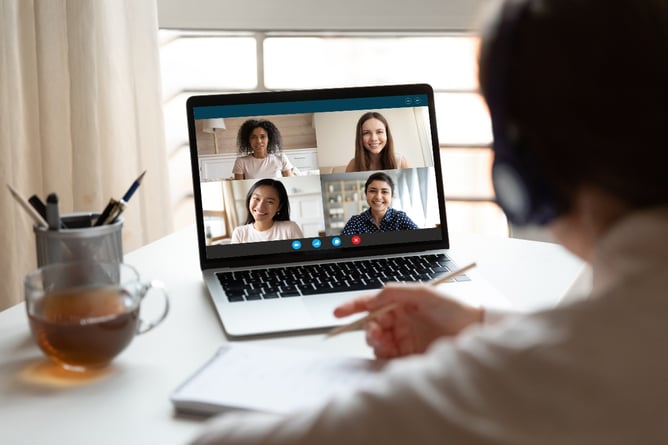
75. What is the best part of virtual learning?
76. What is the most challenging part of virtual learning?
77. How is your internet connection at home?
78. Where do you do your school work?
79. What is something your teachers could do to improve virtual classroom time?
80. What is your favorite Zoom background?
81. How do you prefer to be communicated when learning online? By email, a messaging app, on a video call, or by phone?
82. When you take breaks from school at home, what do you like to do?
83. What is your favorite way to get in touch with your classmates and friends online?
84. What would help you feel more connected to your classmates and your school?
"Would You Rather" Icebreaker Questions
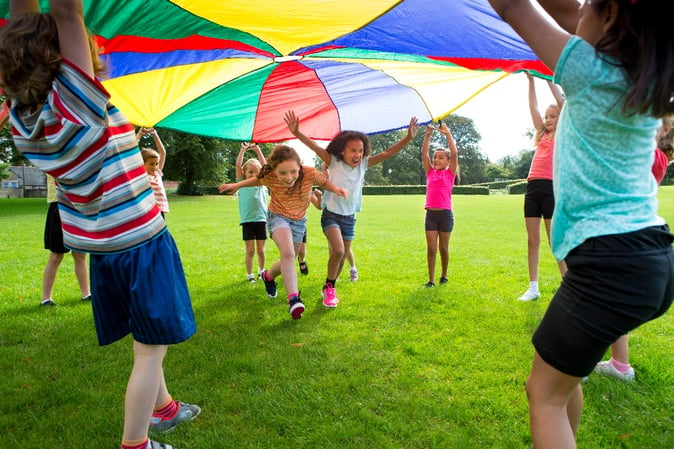
These questions can also be used between classmates to help students reconnect with one another, discover similarities, and learn new things about one another.
85. Would you rather read a book or watch a movie?
86. Would you rather eat pizza or ice cream?
87. Would you rather do a school project by yourself or with friends?
88. Would you rather play a video game or play outside?
89. Would you rather have a dog or a cat?
90. Would you rather have chocolate or vanilla?
91. Would you rather go to the beach or go camping?
92. Would you rather eat salty or sweet snacks for the rest of your life?
93. Would you rather win the lottery or be famous?
94. Would you rather dance or sing in front of a group of people?
95. Would you rather be the oldest sibling or the youngest sibling?
96. Would you rather give a presentation or write a long paper?
97. Would you rather do your homework or do chores?
98. Would you rather travel back in time or travel to the future?
99. Would you rather live in snow or rain for the rest of your life?
100. Would you rather be able to fly or be invisible as a superpower?
101. Would you rather live without Netflix or live without YouTube?
|
Frequently Asked Questions 1. Why is relationship-building emphasized in education, especially in recent years? Relationship-building has gained emphasis due to its significant impact on students' well-being and academic success. Building strong connections with students fosters a supportive learning environment, promotes positive social-emotional development, and enhances student engagement and motivation. 2. How do inclusive questions contribute to relationship-building in the classroom? Inclusive questions help educators understand students' diverse backgrounds, interests, and experiences. By asking open-ended questions that encourage students to share their stories, educators can demonstrate genuine interest in their students' lives, thereby building trust and rapport. This fosters a sense of belonging and connectedness within the classroom community. 3. How can educators adapt the provided questions to suit different learning environments, such as virtual classrooms or in-person settings? Educators can adapt the questions based on the specific needs and dynamics of their learning environments. For virtual classrooms, they can use digital platforms for group discussions, breakout rooms for small group activities, or online surveys for collecting responses. In-person settings may involve incorporating questions into morning meetings, advisory periods, or one-on-one conversations during downtime. Adapting questions ensures they remain relevant and effective in facilitating meaningful connections with students. |


![101 Inclusive Get-to-Know-You Questions for Students [+ PDF Download]](https://www.panoramaed.com/hubfs/get-to-know-you-questions-for-students.jpeg)
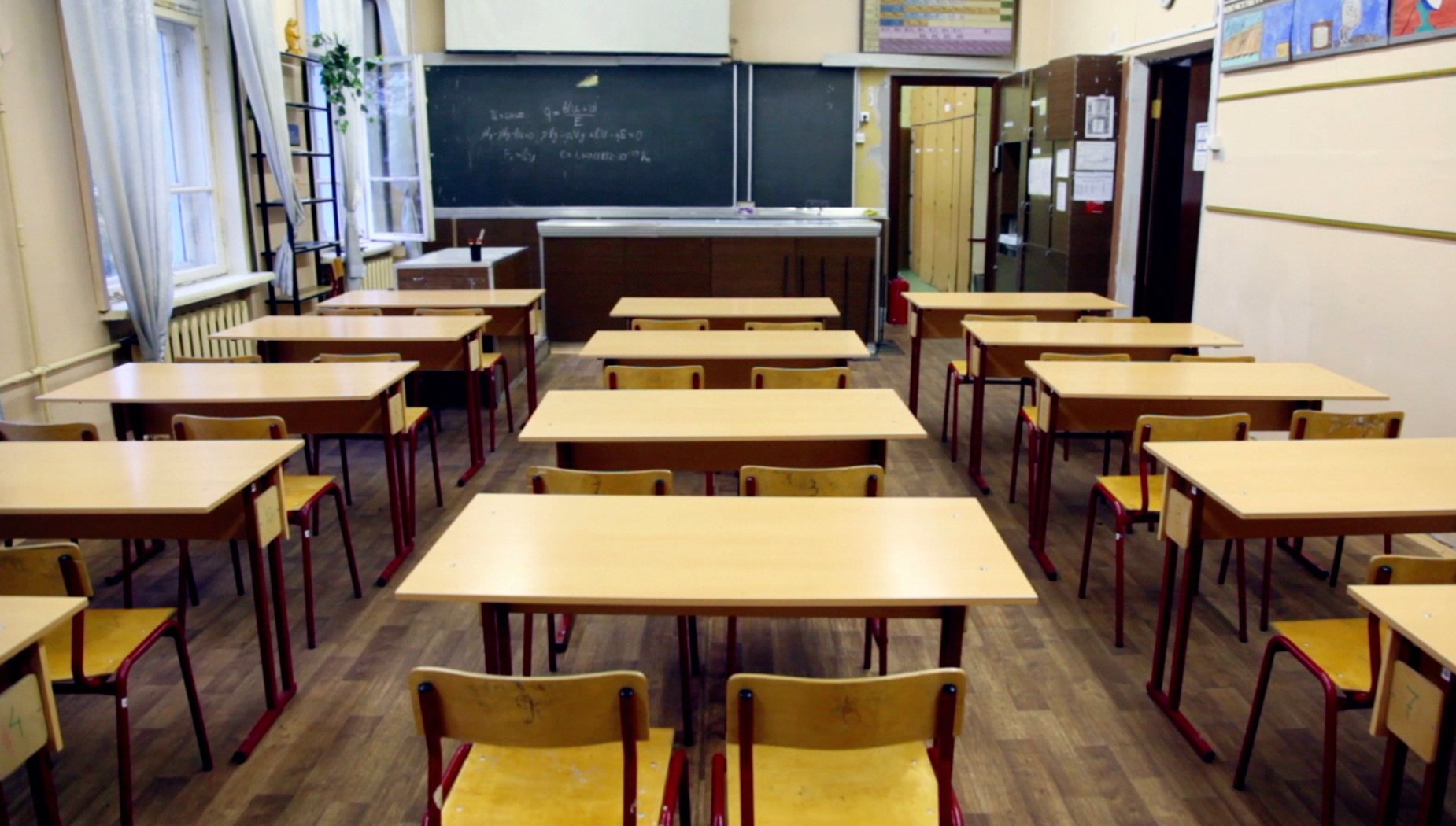

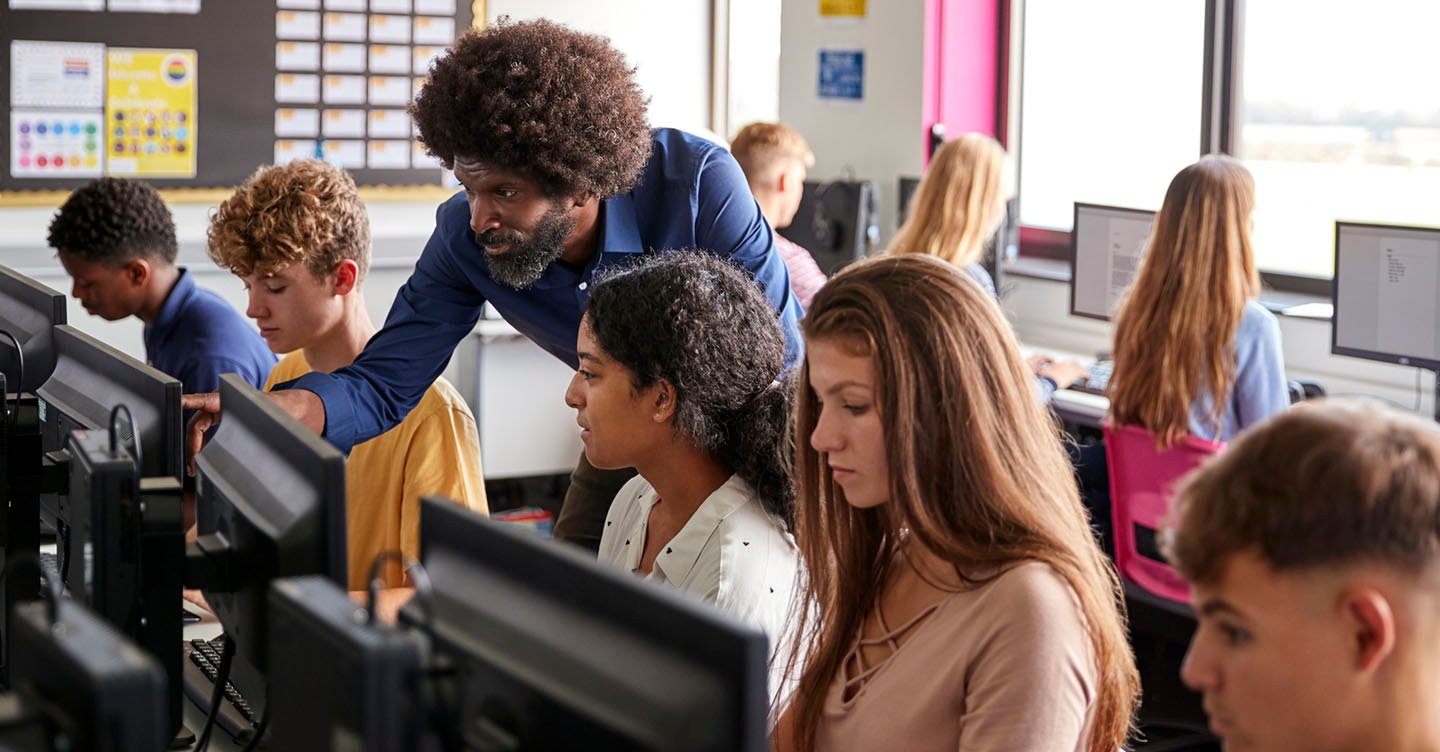
-2.png?width=1280&height=853&name=Untitled%20design%20(5)-2.png)